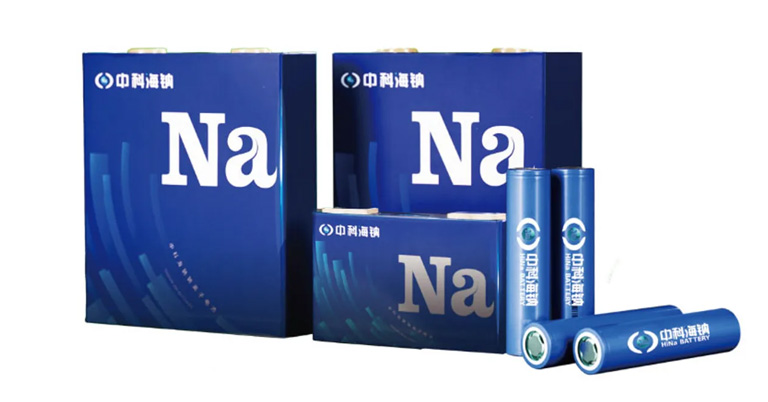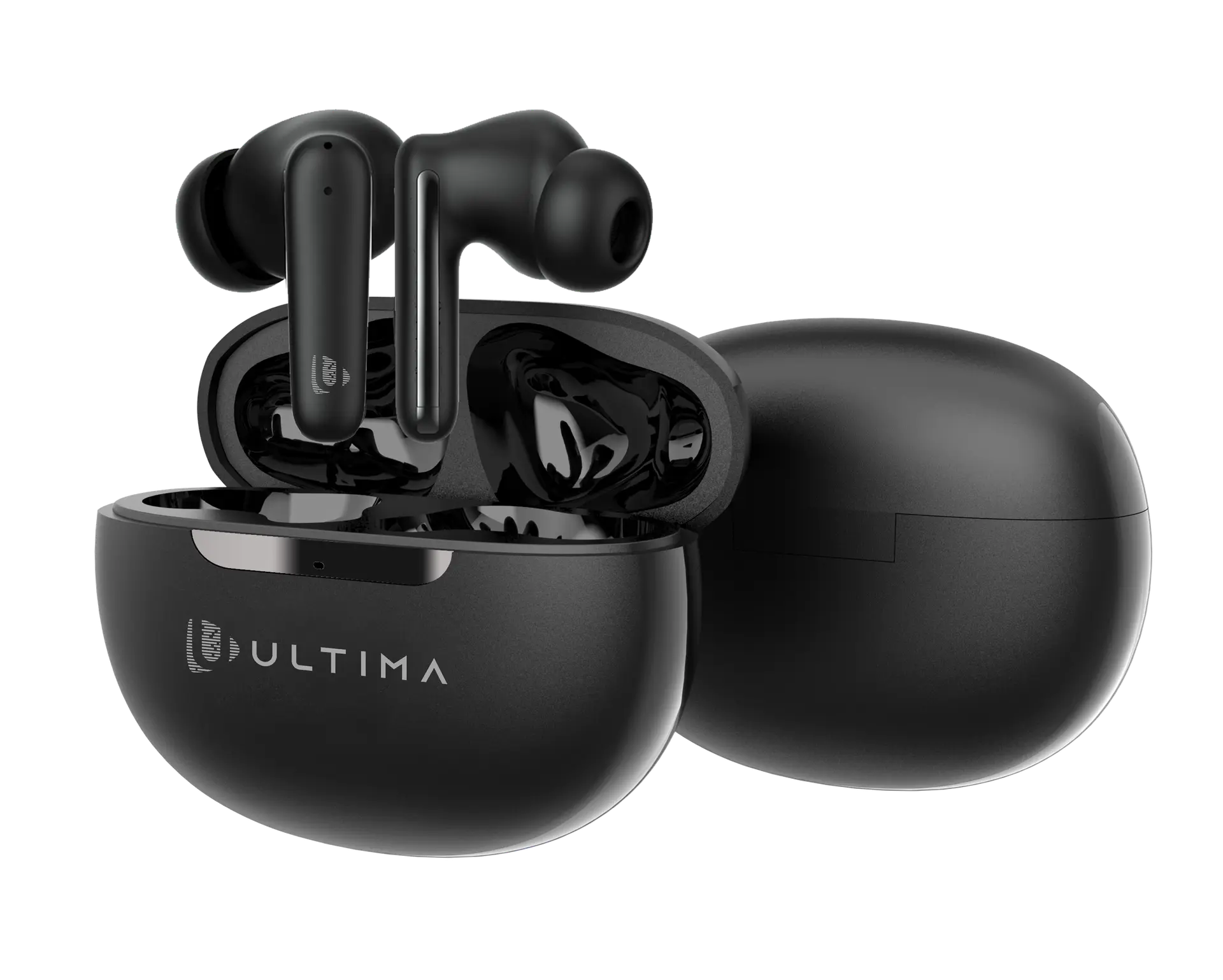HiNa unveils new sodium-ion batteries for EV fleets
By Dip Khatiwada
Content Writer
Updated on Apr 2, 2025

HiNa, a sodium-ion battery manufacturer, has introduced its latest Na-ion battery lineup, designed primarily for commercial EV fleets. The new "Haixing" cells come in four battery pack options: K150, K210, K280, and K350, likely named after their capacities. This article will discuss everything about the latest HiNa Sodium-ion battery for EV Fleets in more detail.
HiNa Sodium-ion battery Overview
Usage and Energy Density

The new battery packs serve different types of EVs. K150 and K210 are meant for short-range electric vehicles, while K280 and K350 target long-range logistics EVs. HiNa is already supplying sodium-ion batteries for the Jiwei 3, an EV developed by JAC and Volkswagen’s joint venture in China. The Jiwei 3’s 23 kWh Na-ion battery offers a 230 km range (CLTC cycle), using the previous generation's 140 Wh/kg energy density cells.
The new HiNa batteries improve this to 165 Wh/kg, bringing them closer to LFP battery levels. The base Tesla Model 3 (RWD) has 125 Wh/kg CATL batteries for comparison.
Cost and Charging Speed
One of sodium-ion technology’s biggest advantages is cost reduction. HiNa's Na-ion batteries are 30-40% cheaper to produce than lithium-based alternatives. They also support fast charging, reaching full charge in under 25 minutes.
Additionally, the batteries function in extreme temperatures, ranging from -40°C to 45°C (-40°F to 113°F), making them suitable for various climates. They also offer longer lifespans, maintaining good capacity even after 8,000 charge cycles.
- Also, read
Production and Market Impact
HiNa operates a GWh-level factory and is scaling up production. By offering low-cost, high-output sodium-ion batteries, the company aims to establish Na-ion technology as a competitive alternative to lithium-based cells, especially for commercial EV fleets.
How did we do with this article?
Conversation
We’d love to hear your thoughts! Let's keep it respectful and on-topic. Any inappropriate remarks may be removed. Happy commenting! Privacy Policy
Be the first to share your thoughts—start the conversation!
Related News
Best Tech Deals
More Articles


